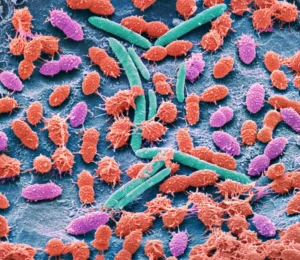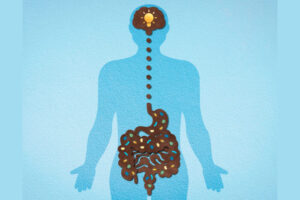When it comes to a disease as complex as Alzheimer’s, scientists have found a number of factors that can contribute to your risk, from genes to circulatory issues, inflammation, and lifestyle behaviors. In a new study published in Science Translational Medicine, researchers from Washington University in St. Louis report on another possible factor: the types of bacteria living […]
When Gut Bacteria May Be an Early Sign of Alzheimer’s Disease (Links to an external site)









